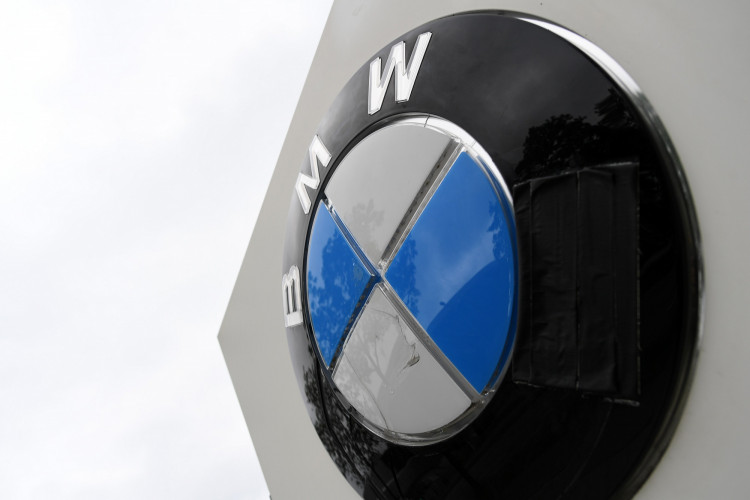As the automaker increases the manufacture of electric vehicles (EVs), BMW of Germany said on Thursday that formal production has started at a new plant in China with an investment of 15 billion yuan ($2.24 billion).
With its headquarters in Munich, Bavaria, Germany, Bayerische Motoren Werke AG, more often known as BMW, is a worldwide corporation that produces luxury cars and motorbikes. The company was established in 1916 to develop airplane engines, which it did from 1917 to 1918 and once more from 1933 to 1945.
BMW, Mini, and Rolls-Royce are the brands used to advertise automobiles, and BMW Motorrad is used to promote motorbikes. With 2,279,503 vehicles manufactured in 2017, BMW ranked as the fourteenth-largest automaker in the world. The firm has a long history in motorsport, particularly in touring cars, sports cars, and the Isle of Man TT.
BMW produces motor vehicles in Germany, Brazil, China, India, Mexico, the Netherlands, South Africa, the United Kingdom, and the United States. With its slogan, which was first used in North America in 1974, "The Ultimate Driving Machine".
The terms Beemer, Bimmer, and Bee-em are sometimes used as slang for BMW in the English language and are sometimes used interchangeably for cars and motorcycles.
BMW's annual output in the largest auto market in the world will rise to 830,000 vehicles from 700,000 in 2021 thanks to the Lydia plant, its third auto assembly facility in China, which is situated in the northeastern city of Shenyang, Liaoning province.
According to BMW, the factory is built to only be able to produce battery-powered electric cars in response to market demand on its flexible manufacturing lines.
According to BMW, the i3, a mid-sized sports sedan that is all-electric, will be the first vehicle to leave the Lydia plant's assembly lines. This will bring the range of its EV models for Chinese customers to 13 miles beginning in 2019.
With sales more than doubling from a year ago, Tesla and Chinese automakers like BYD lead the expanding EV industry in China. Kings of the internal combustion engine era like Volkswagen and General Motors are lagging behind.
According to data from the China Association of Automotive Manufacturers, batteries were used to power about a quarter of the cars sold in China in the first five months of this year.
BMW's biggest market, China, saw sales of 208,507 vehicles in the first quarter, a 9.2% down from the same period last year, according to a company filing.






